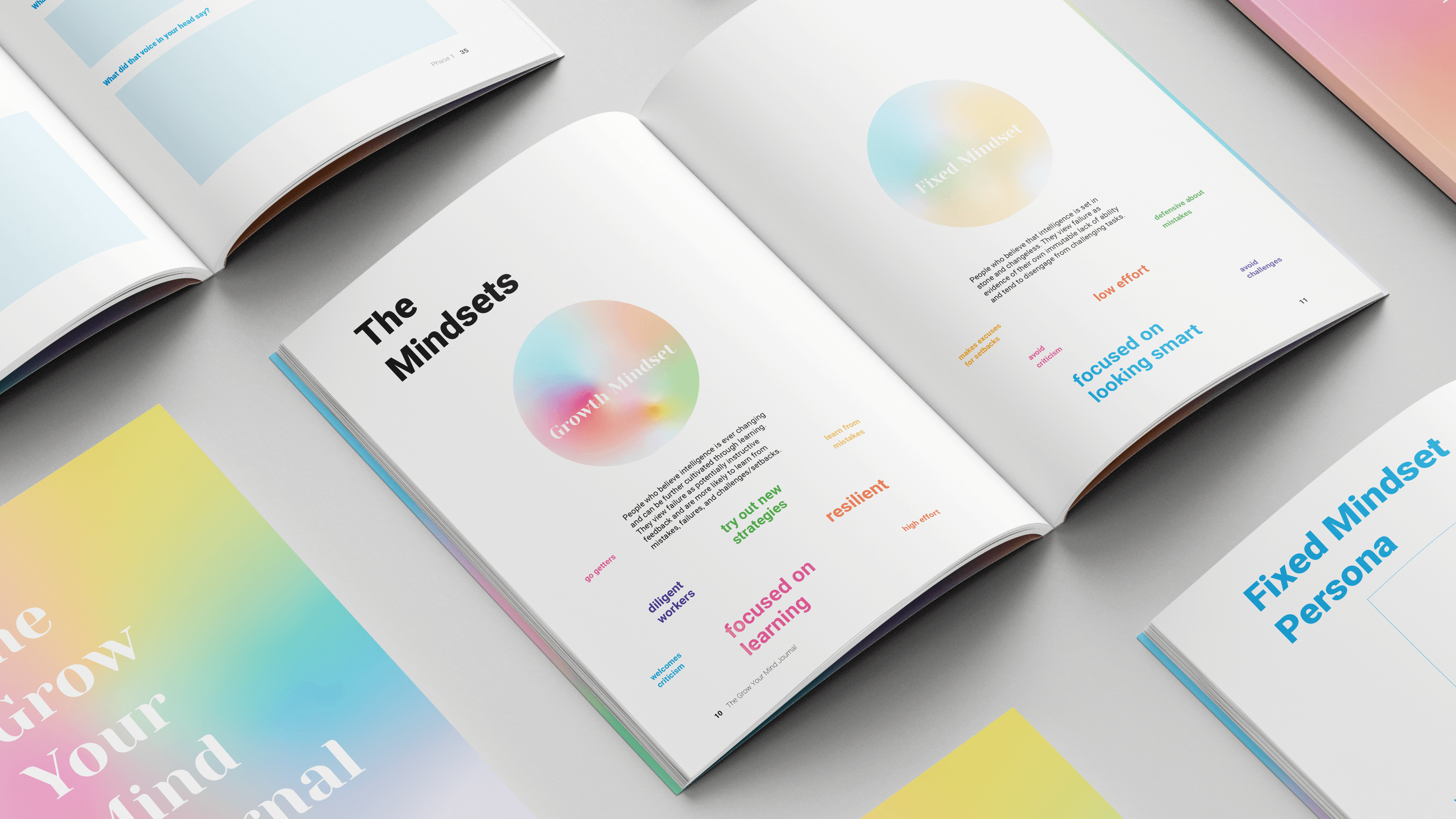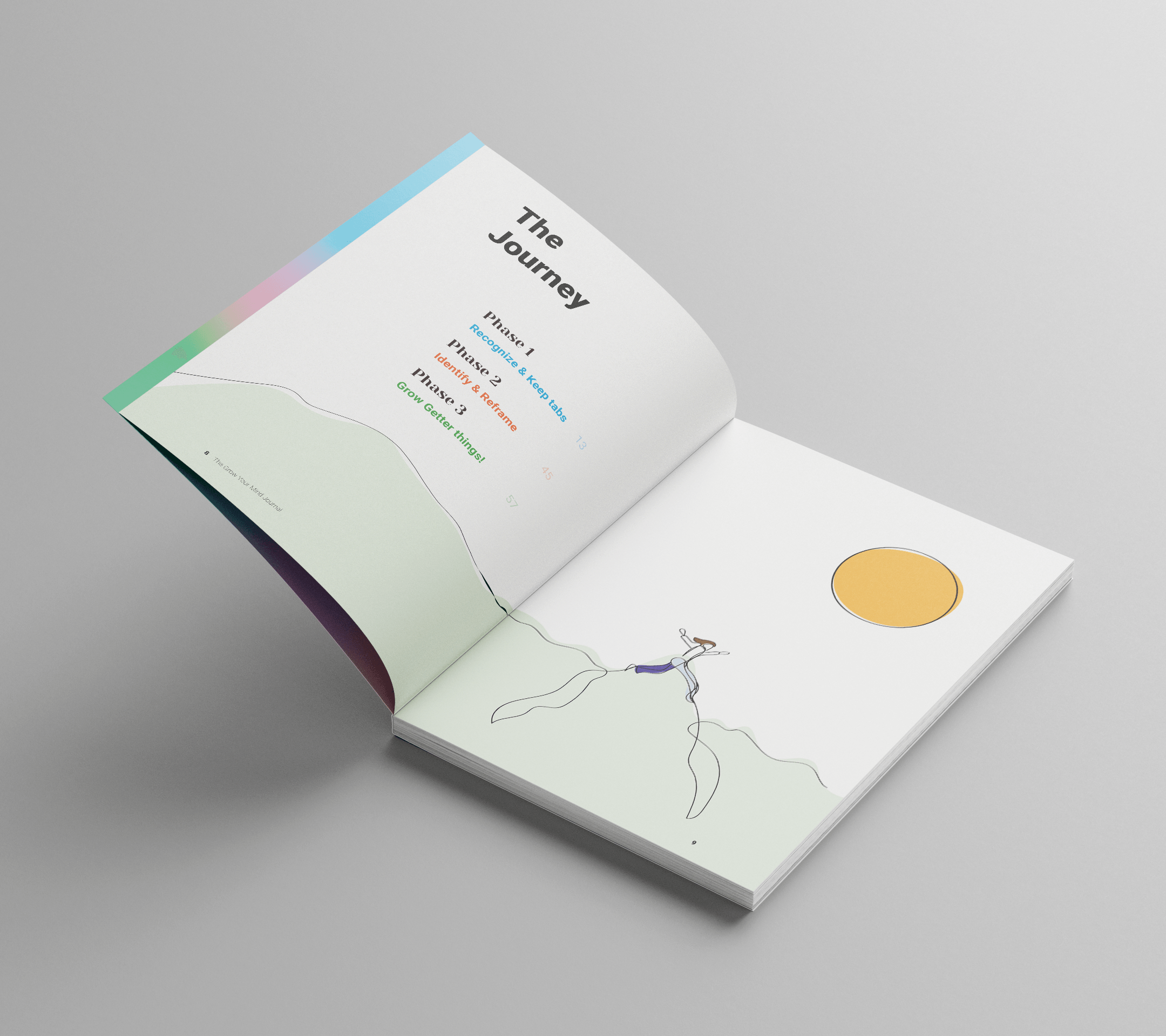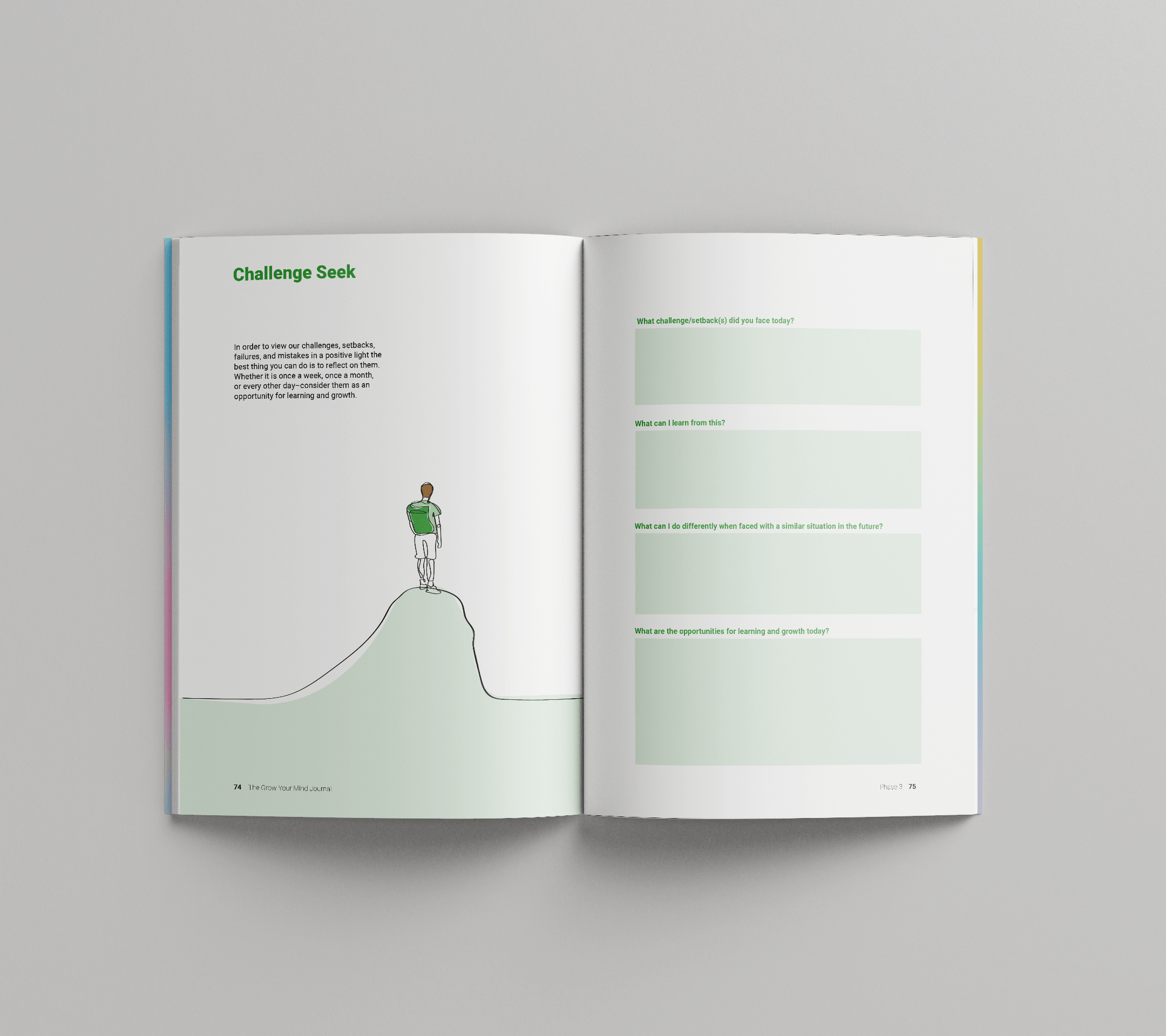
Stephanie Valencia

Abstract
Dr. Carol S. Dweck, a psychology professor at Stanford University, introduced us to the concept of the growth mindset. In her research, she came across the fascinating influence of having a “growth” versus “fixed” mindset. Through many years of ongoing research, Dr. David Yeager, a psychology professor at the University of Texas in Austin, joined forces with Dweck among others to bring more insights to Mindset research. Yeager asserts that, “...mindset could be changed, and that doing so could under some conditions, alter motivation and behavior.” As Dweck puts it, “changing the way you think to fulfill your potential.” I believe that through an ongoing journey of reflection and re-framing one's mindset…the closer one is to self-development, personal growth and positive change. Understanding the mindsets, mindset zones and triggers are the first few steps in the journey. The rest is up to us. Either staying stuck and stagnant, or turning to the growth mindset belief to help shift our perspective in all matters of life. Nothing changes if nothing changes. For my thesis project, I aimed to design a Journal where I provide insights on the two mindsets and highlight key concepts through engaging prompts, activities, quotes and visuals. Ultimately, my hope is to embed a seed of the growth mindset in people, so that they learn how to nourish and water it daily.
Thesis Advisors
Earl Gee: SJSU Graphic Design Professor
Connie Hwang: SJSU Graphic Design Professor
Susan Mackie: Co-Founder of Growth Mindset Institute
Research Questions
1. Why does a growth mindset matter?
2. How can someone be encouraged to reflect and re-frame on their mindset through a Journal?
3. How can documentation recorded via a Journal be visually structured and inherently beneficial in helping people manage their mindset and achieve their goals?


Outcome
The Journal I created was inspired by the mindset research of Carol S. Dweck. Susan Mackie, Co-Founder of the Growth Mindset Institute, provided me with relevant content to incorporate in the final design that made for a stronger foundation. The content and what I learned through research shaped the end result. Despite having a small scale of participants who tested out aspects of the journal throughout my process—they provided me with necessary feedback on how to strengthen the structure and clarity of the journal. The importance of mindset coincides with any aspect of life and to anyone. Turning to a growth mindset way of thinking contributes to high levels of achievement by changing the way we think about certain things and situations. A big aspect of the relevance of this project became about embracing one's fixed mindsets, and turning to a growth mindset way of thinking to shift one's perspective. The overall transformation inspired by this project is one of self-reflection and change. Through user testing, I was able to hear positive responses about the prompts of the journal that required reflecting on fixed mindset triggers, challenges/setbacks, behaviors/responses to particular situations, along with mindset zones, and goal-setting. The journal serves as a stepping stone and guide towards leading a life of continuous growth through reflection and re-framing one's thoughts—especially that voice in our heads that may or may not at times keep us stagnant. My ultimate objective was to embed a seed of the growth mindset to people that they would learn to water daily through reflection and re-framing. A key takeaway that I want my audience to remember is that nothing changes if nothing changes. Change in general is never easy, but it is worthwhile and necessary. I hope people keep the growth mindset in their thoughts, so that when they run across obstacles, challenges, setbacks, failures, mistakes, self-doubt—they can turn to it.